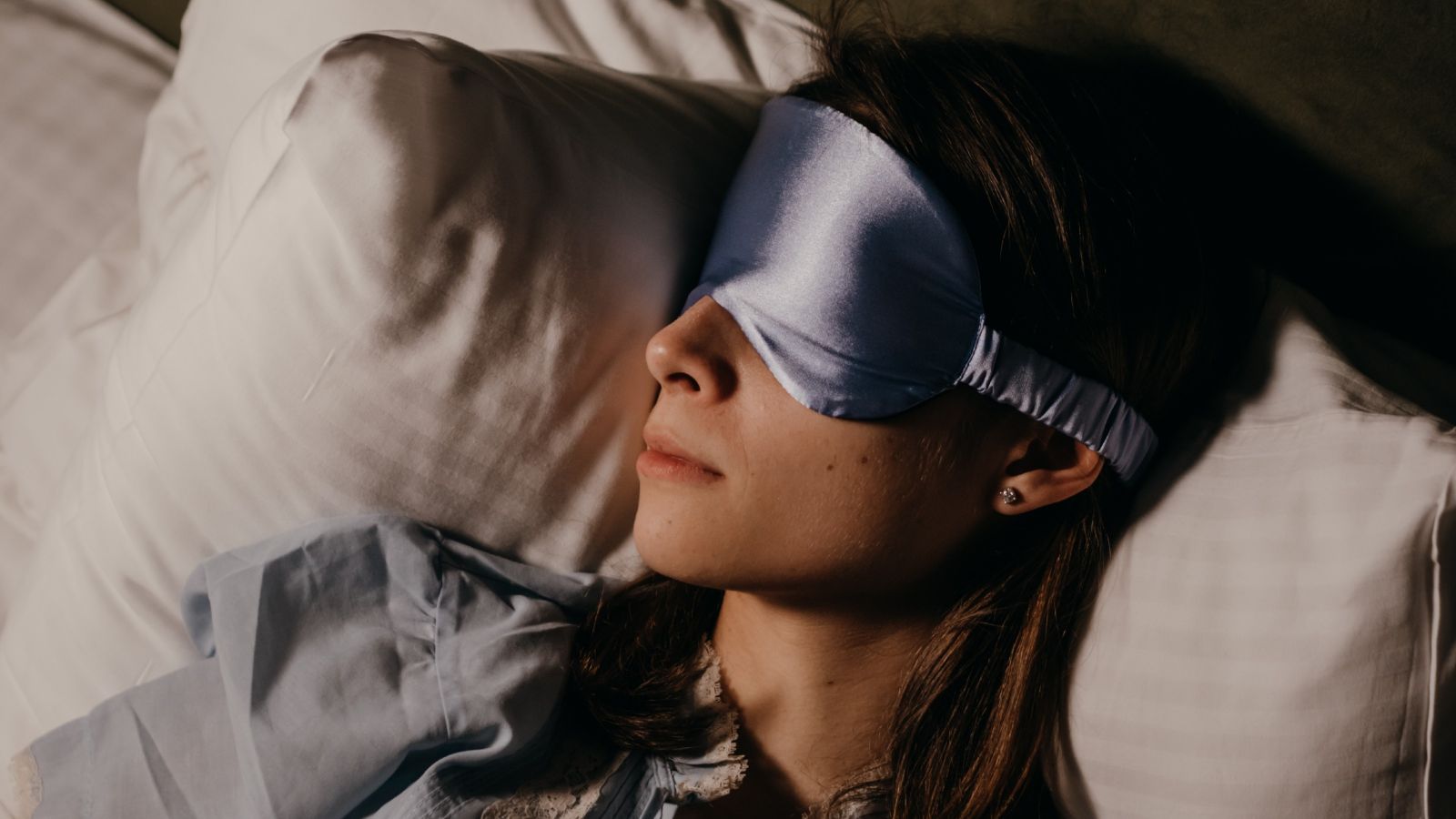Helping students sleep well
A new sleep app developed by software engineering students provides relaxation tools such as sounds, audio tracks, stories, and activities designed to help students de-stress.

“The high cost of existing mental health apps is a big barrier to university students,” says Te Herenga Waka—Victoria University of Wellington software engineering students Caleb Madgwick, Ze Chen (based overseas), Nicholas Mazey, Caitlin Fisher, Anastasia Ease, and Tomas Lieffering. “Our new app, SleepWell, aims to change that.”
The students developed the app as part of their 300-level engineering course in project management (ENGR301/302) in collaboration with researchers in the School of Health and the School of Design Innovation.
“At the start of the year our class was given a list of projects to choose from,” the group says. “We decided to work on a mental health app as we wanted to make something that would help ourselves and others.”
The students discovered that, according to a 2016 study, 35% of university students are sleep deprived, which contributes negatively to their mental health. Although many apps exist to help with sleep and relaxation, the cost of these apps is a barrier to university students, the students say.
The group decided to develop SleepWell to address this gap in the market.
SleepWell is a free app that provides different relaxation tools such as sounds, audio tracks, stories, and activities designed to help with a person’s everyday wellbeing. The app itself is designed to be relaxing and easy to navigate.
“The idea is to give students a tool that will help them with their mental health in a subtle way, as there is a stigma around mental health. This app serves as a lowkey way of improving the user’s mood.”
SleepWell is designed to help students de-stress and can be used alongside existing mental health strategies and supports.
The students ultimately created a successful prototype app, but the project was not without its challenges. The main challenge, as with so many projects in the last two years, was the Covid-19 pandemic.
“In September, we had planned to meet with a range of content creators to record content for our app. Unfortunately, however, Wellington went into alert level 3 so we were unable to record in a studio,” the students say. “As a result of this, we had to use content recorded by the creators on their phones in the app.
“The thing that kept us going was the vision of our final product. From the start of the project, we all had our sights set on creating an app we would use. This drive to create the app made us determined to see our project through.”
The content for the app came from staff and students around the University and beyond, including everything from historical fiction read by David Larsen from the School of Health, sleep science and poetry from Professor Sunny Collings from the University and Professor Sally Merry from the University of Auckland, and creative fiction written by tutor Alex Walker and read by student Ash Horrocks.
The group of students took their app from concept through to user testing. The next steps are further testing with clients to refine the design of the app and the content available. In particular, technical issues around storage of media in the app need to be addressed. The students would also like to see more personalised recommendations built into the app, as well as biometric features like being able to tell when the user has gone to sleep.
The students think this project could be made available to the public and benefit a wider audience by providing a completely free resources for helping users with their mental health and wellbeing.
The next stages of the app will be overseen by Associate Professor Terry Fleming, from the School of Health, with colleagues including Helen Andreae from the School of Design Innovation. They will be seeking student ideas for stories and content, as well as taking on a recent engineering graduate to help develop the app.
“International science, local collaboration, and good will has let us create a unique prototype which will be developed for wider testing next year,” Associate Professor Fleming says.
They will also be collaborating further with University staff and students to add even more content to the app, including a History of Sleep Spells in Dungeons and Dragons by Dylan Horrocks from the School of Design Innovation, relaxation recordings from Lu Halligan from the Research Office, and sleep science from Dr Simon McCallum from the School of Engineering and Computer Science.
“We are delighted to have such great collaboration from around the University to build this app and create a range of content backed up by science,” Associate Professor Fleming says.
“We were very happy with this group of students—they did an outstanding job,” says Dr Craig Anslow from the School of Engineering and Computer Science, course coordinator for ENGR 301/302 for 2021.
“Working with Dr Fleming and her team has been fabulous and very fruitful,” adds Associate Professor Kris Bubendorfer, the academic who directly supervised the SleepWell team.
Anyone who would like to help test this app in the new year can register their interest by emailing the digital health lab c/o Fabi Ormerod: fabi.ormerod@vuw.ac.nz
